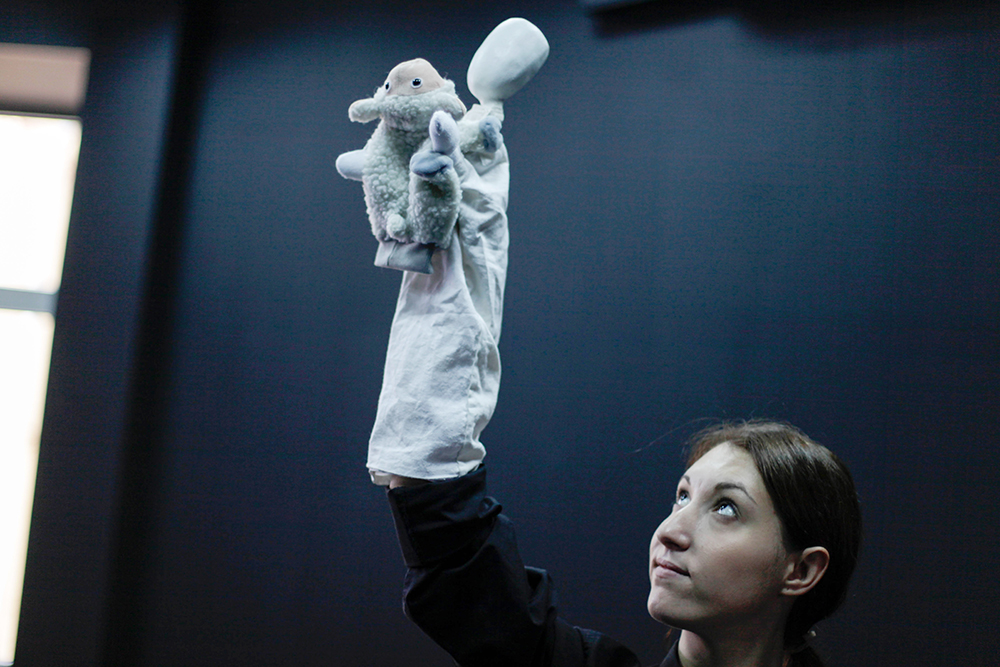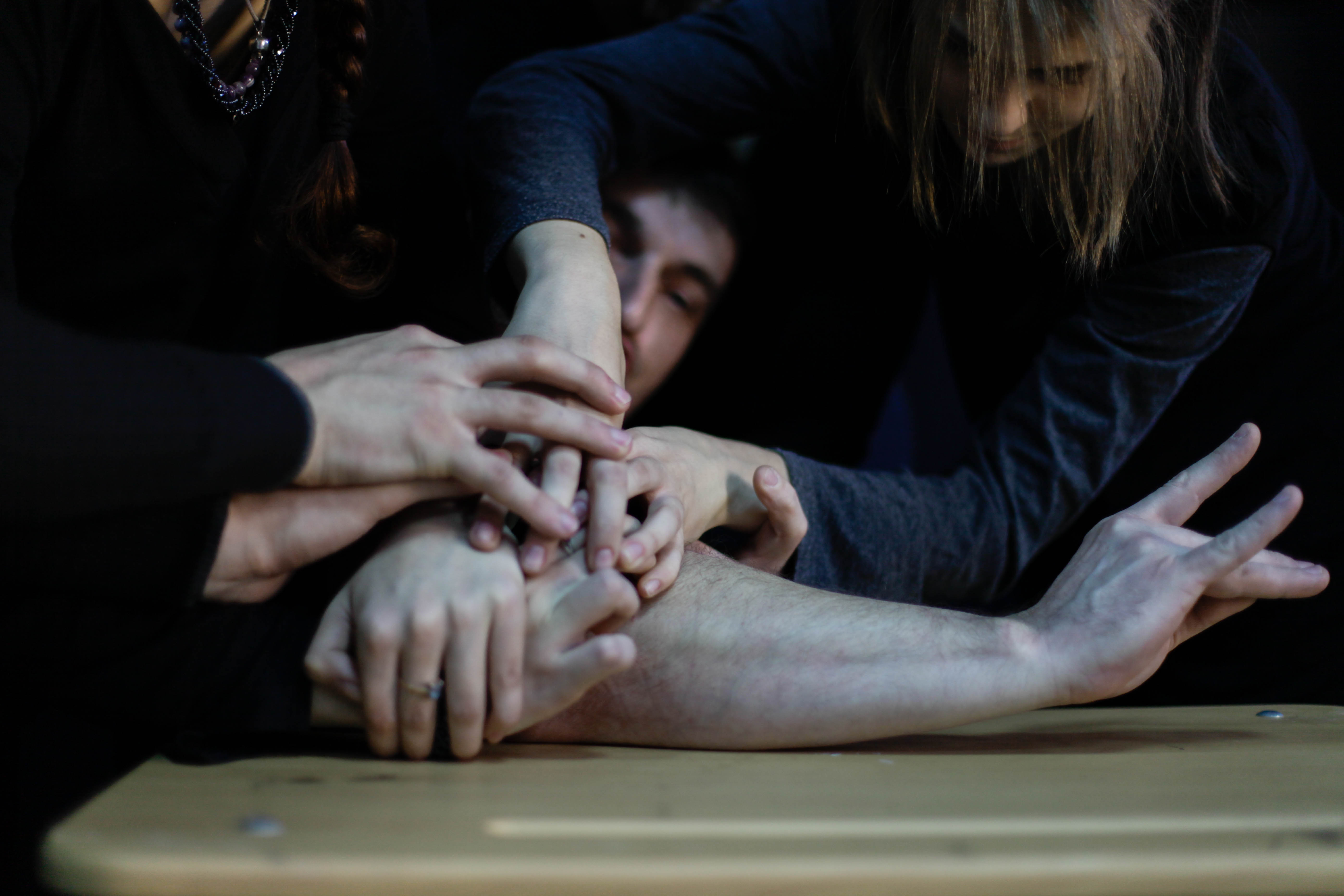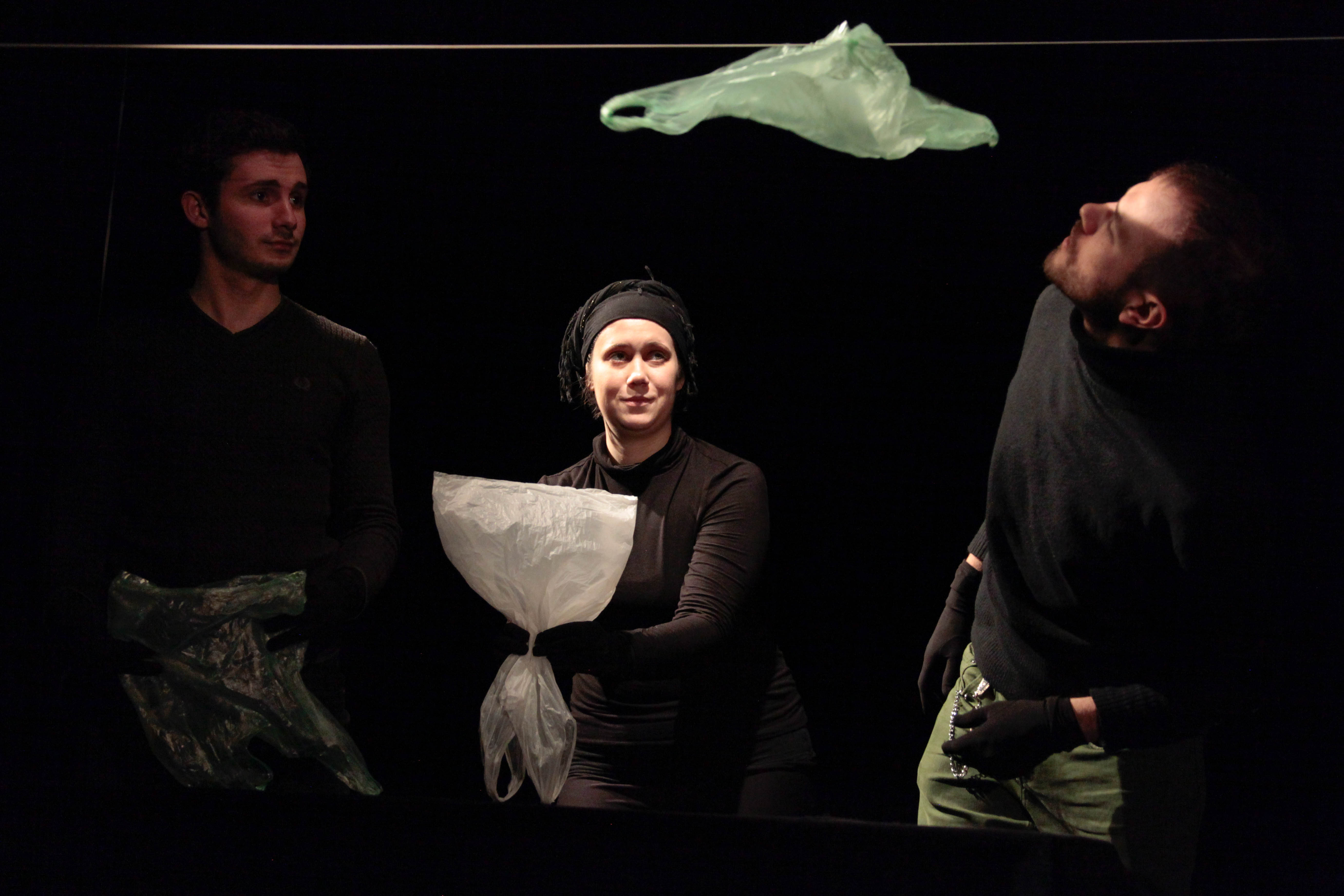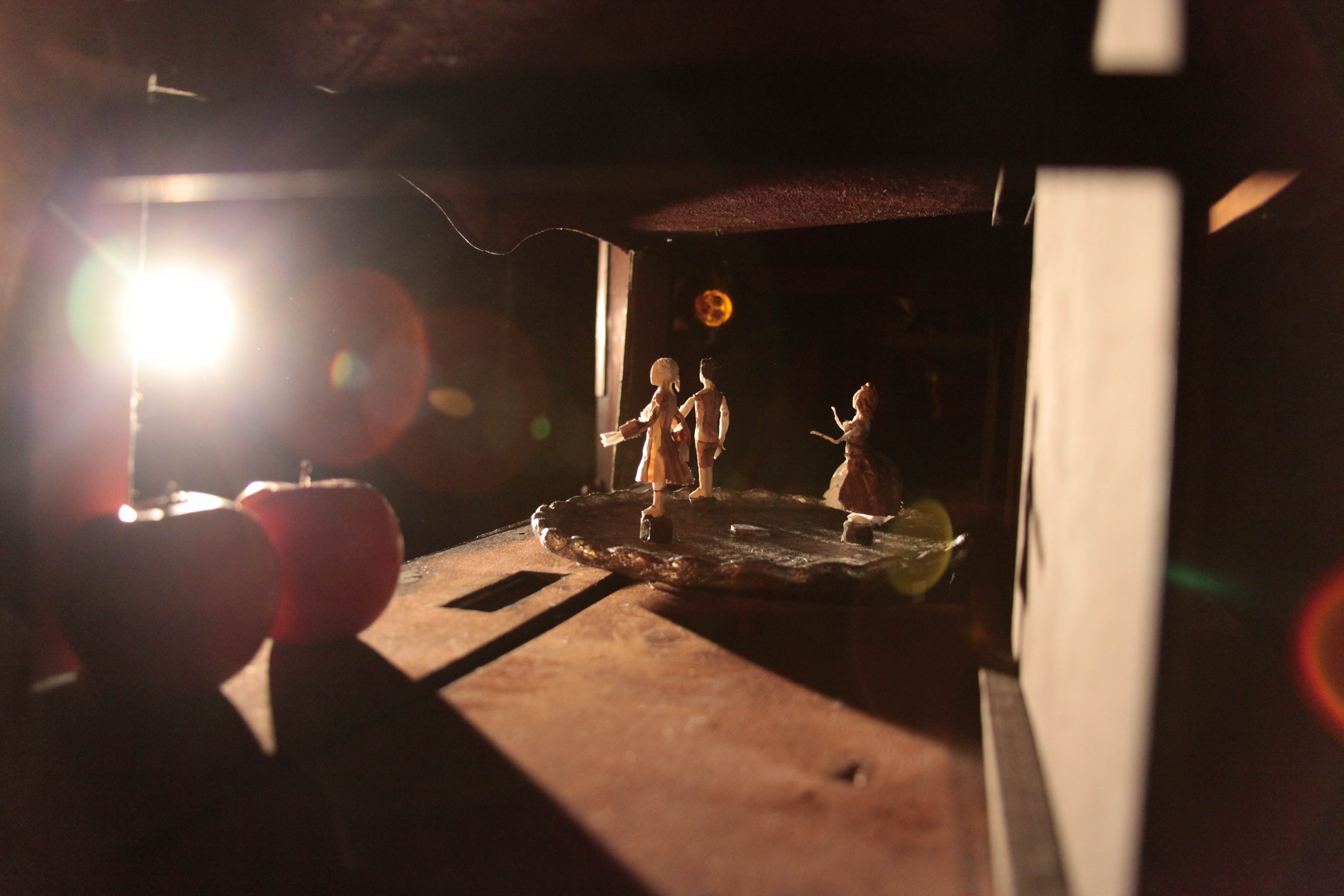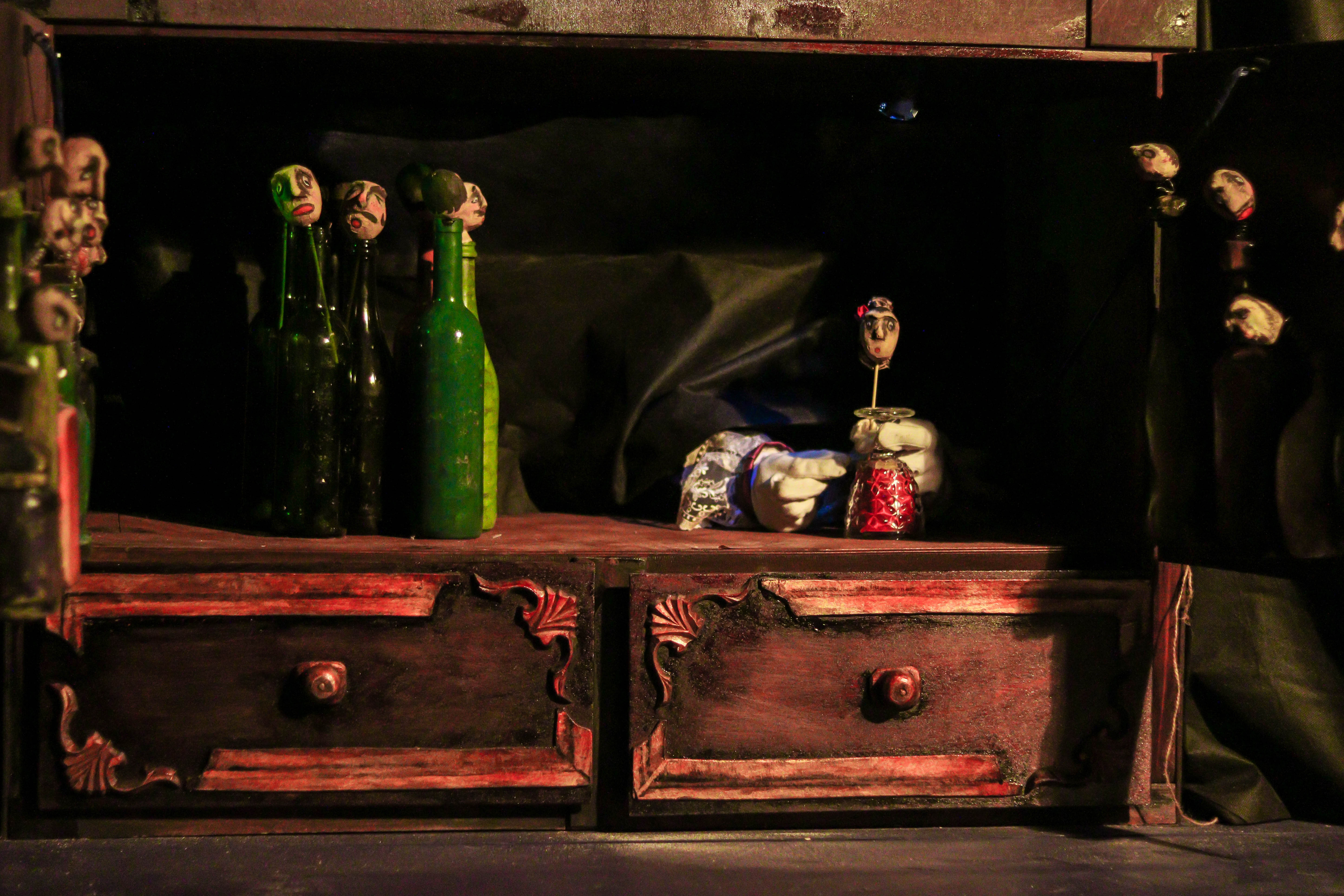5 years
course duration
₽ 711 000 per year
price
specialist program
academics
Course overview
Students study the following professional disciplines:
- Directing and acting art;
- Stage speech;
- Stage movement;
- Practical solfeggio course;
- Vocal art technique;
- Puppet theatre stage work;
- Puppet theatre director’s work with a designer;
- Puppet theatre dramaturgy;
- Musical arrangement of the performance;
- Design basics;
- Technologies and composition of a theatre puppet creation, etc.
During a 5-year course future directors master the basics of acting techniques, learn to dance, fence, study methods of dramatic work analysis and vocal art, as long as director needs to understand all members of the team. Students also study psychology and education science of art, history of literature and cinematography, theatre decorative art, with a focus on a puppet theatre, including the main systems of character creation. At the workshops future directors get to know the puppet theatres of all continents and theatrical methods.
Theory
Apart from that, students obtain a full cycle of liberal arts education: history, history of Russian and foreign theatre, history of Russian and foreign literature, history of the cinema, music, philosophy, pedagogics and psychology, etc.
Practice
Students participate in various international festivals, competitions, shows.
Language
Foreign students study Russian language for 5 years, therefore getting a good knowledge of the Russian language as a bonus.
Diploma
After the graduation they get state diploma, valid throughout the world.
Entrance exam
Foreign citizens take only special disciplines.
-
Directing and acting art.
Exam consists of three parts.
- The candidate should perform several works of different genres (prose, poem, fable, song). Availability of a musical instrument (from a whistle to a harp) and skill in playing it is a plus. Apart from that program requirements include improvised performance of actor’s etudes on the assignment of the exam commission, as well as checking of the candidate’s plastic expression, musicality and sense of rhythm.
- Examination where the candidates show director’s etudes in a ‘live plan’. Such etude’s theme could be musical, plastic or pictorial work developed in the stage action. Upon choosing the etude’s theme, the candidate should, with the help of other applicants as actors, find the emotional vivid expression of the thought they want to show in their etude.
- Workwithan object. The candidate is offered to choose among the objects (texture, doll, item). Thenheorsheneedsto create the director’s etude through the interaction with the object received from the commission.
-
Colloquium (oral)
At the interlocution applicants’ ability for creative thinking and their erudition are checked, it’s a free conversation on the broad range of theatre issues and culture in general.
